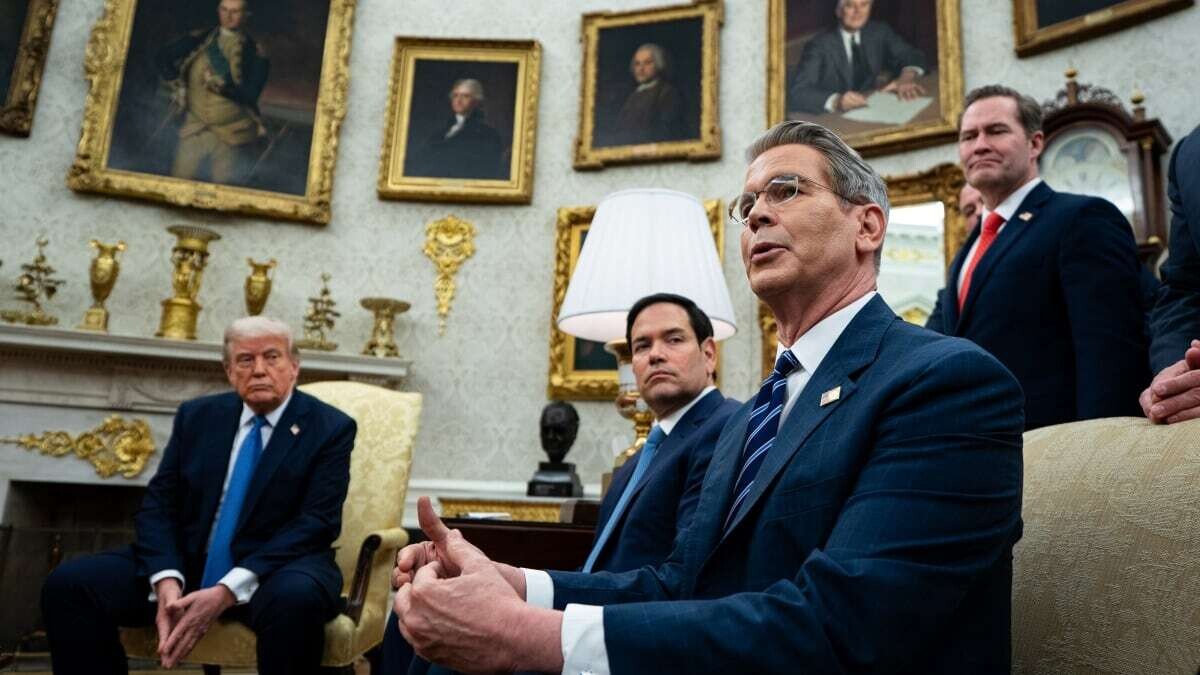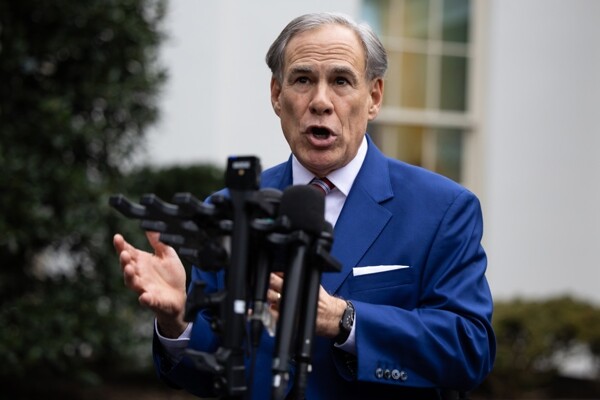
Marco Rubio became the first person in 50 years to hold both top national security positions in the U.S. government. His rise as Secretary of State and interim National Security Advisor coincided with the fall of Mike Waltz, who was removed for aggressive foreign policy stances that generated distrust within Trump's MAGA base.
Rubio has abandoned many of his previous positions on issues like Vladimir Putin, NATO, and the value of USAID, adopting a more strident tone and appealing to the president's base. He defended controversial Trump decisions, such as the revocation of visas for international students and the wrongful deportation of a resident.
Despite his rise, Rubio takes a secondary role on crucial issues for Trump, delegating important tasks to other collaborators, such as Steve Witkoff in the war in Ukraine. The real influence of Rubio and Waltz has yet to be tested, as other characters also capture the president's attention, diverting Rubio's focus on key issues.
Rubio's actions in the coming weeks will reveal the extent of the additional power Trump granted him by appointing him as ambassador to the United Nations. Despite his new position, Rubio is left without an ally in Washington with Waltz's departure, which could hinder his influence on important issues like policy towards Iran.
Although Rubio will try to influence decisions, the White House is still considering permanent replacements for Waltz. His role in implementing Trump's policies could be limited by the centralization of power in the president, while figures like Stephen Miller and Sebastian Gorka also compete for attention and leadership on foreign policy issues.














